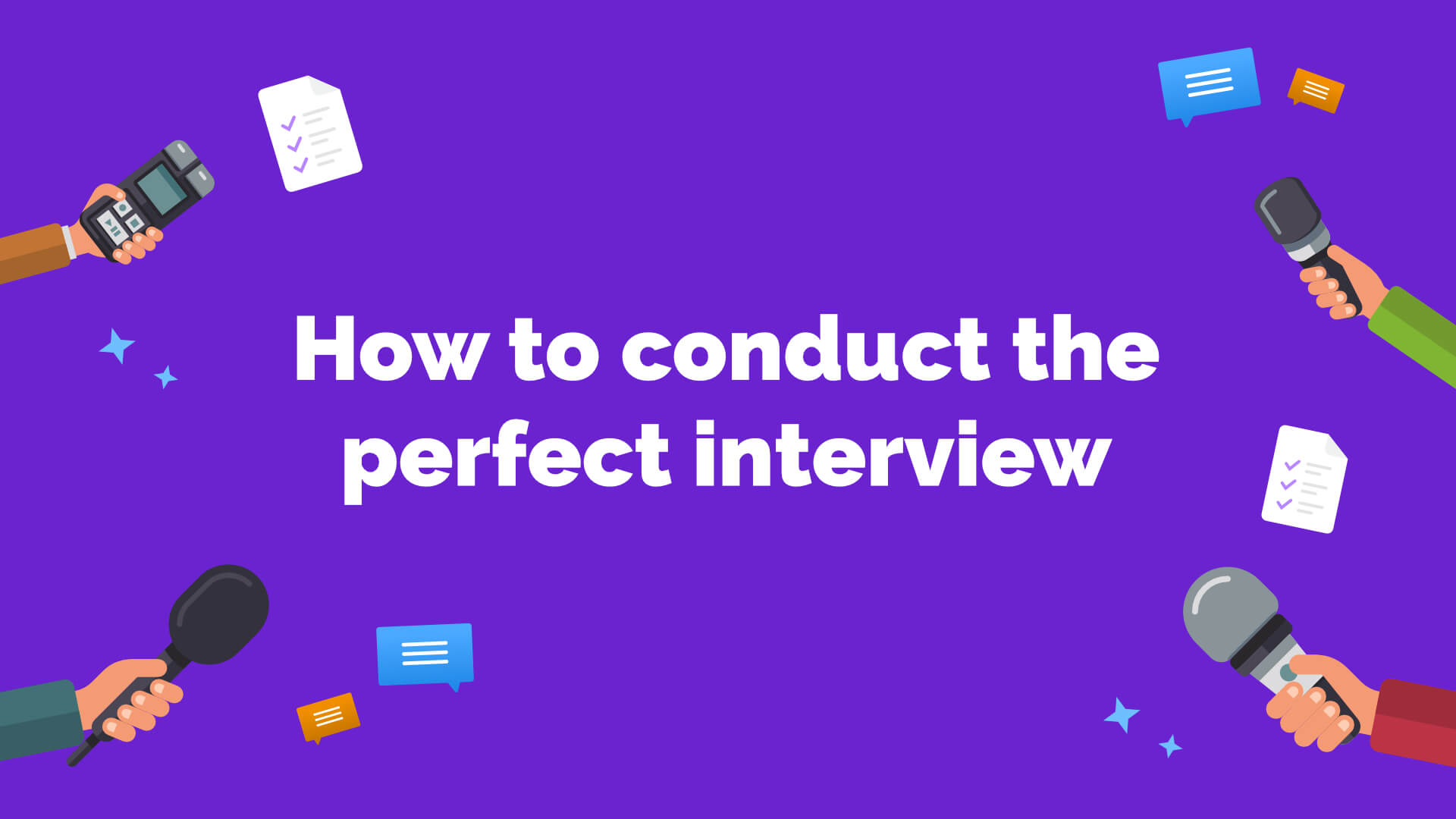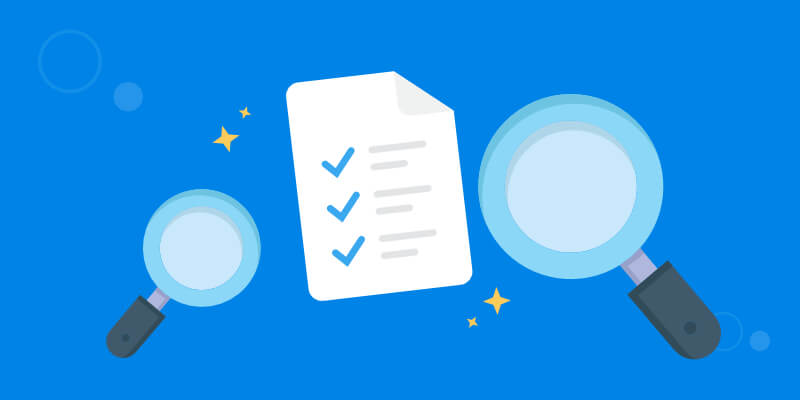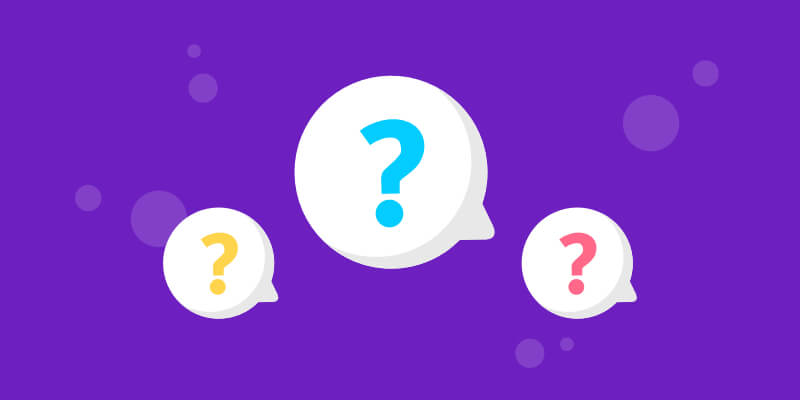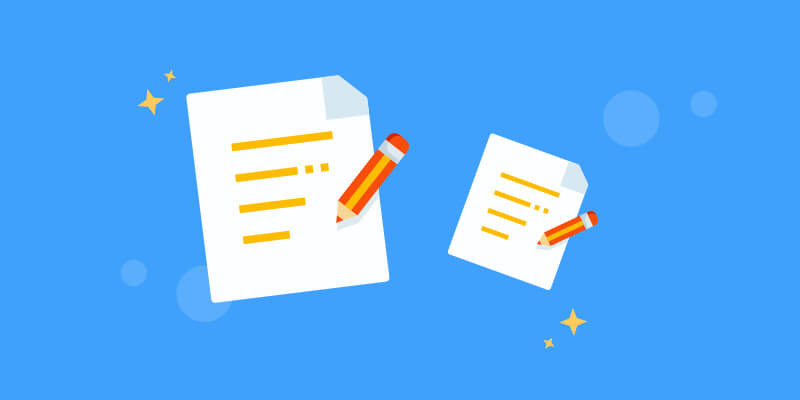April 8, 2022
How to Conduct the Perfect Interview?

Although not as intimidating as giving an interview, conducting an interview can be pretty daunting. You need to be sure about the questions you ask, make sure you do not hurt the interviewee’s feelings and at the same time you need to ensure that you get all the relevant information which will grab your audience’s attention.
Sounds like a tough task doesn’t it? Especially if you don’t have a purpose-built tool to help you with it. Nowadays we are extremely used to various tools aiding us in performing nearly every day-to-day activity. Wouldn’t it therefore be great if you had something that would easily present all the relevant points you need to remember during an interview?
Mind mapping can act as precisely that tool and much more for your next interview. It can make sure you extract the most interesting and key parts of information from your interviewee. It can help you get all your preparatory notes, and the ones you make during the interview, in order. In essence, it will ensure that at the end of the interview there are happy faces on both sides.
Find out how you can use mind mapping as a tool for conducting the perfect interview:

Background and Research
The interview process starts way before the actual interview. It is imperative to have a complete understanding of the topic of your article and the expertise of your interviewee. Nothing can be more embarrassing than conducting an interview while being underprepared.
With content being a constant in modern life, it might feel that you have no time to prepare as you jump from interview to interview to keep up with demand, but that need not be the case. Mind mapping can help you in converting long texts of information about your topic and interviewee into simple keywords that connect with each other and incorporate visual cues.
This will allow your brain to soak up the pivotal pieces of information for your interview in no time. Just like a runner stretches their muscles before their race sees them perform to their best when the starting pistol fires, preparing for your interview in a way which your brain appreciates will help it deliver magnificently during the actual interview. Your brain will be able to remember each detail and connect every link seamlessly.
Preparing questions
Questions form the skeleton of any interview. The right questions, asked in the right way, can help you extract the most pertinent information. As they are your keys for discovery in an interview, making sure that they cover every bit of ground is essential. Framing questions with the help of information presented through a mind map will make sure that you don’t omit any of the important ones.
While a good interview involves more open ended questions than closed, it’s important to start with a few closed questions. It will make the interviewee more comfortable. A mind map serves as a good reminder of this so that you don’t bombard them with the more profound questions in the beginning itself. How, you ask?
Mind maps typically work round in a clockwise fashion. Placing closed questions at the beginning of your mind map, you can move around it, leading to deeper, open questions. This way, you can build the intensity of your interview over time. You can also colour code the closed and open questions differently to confirm you have enough of both.
The mind map will constantly display all the questions relating to a topic or a sub-topic. Thus warranting that you don’t overlook any.

Being calm and confident
An interviewer always needs to be calm and collected. The interviewee might not give their 100% if they realise that you are anxious. Asking questions with complete confidence is like prepping and garnishing the food you have cooked. It’s the way to impress your interviewee and assert them to provide you with better answers.
With you having all the information and questions you need with you in the form of a mind map, your confidence is bound to rise. You won’t be worried about omitting anything as everything will be available to you in keywords. Your conversation will flow smoothly, thanks to your sprawling mind map having prepped you in advance for all options. You will seem more composed and will be able to conduct the interview with confidence.

Taking comprehensive notes
Note taking is absolutely essential, even if the interview is being recorded. These self written notes can prove to be the most important quotes or points of the story you are writing. In a mind map, you can connect these notes to relevant questions or part of the story they relate to.
Taking notes in this way can make your interview to publication process very simple because the only thing remaining to do will be expanding the mind map into a fully written news/ feature story. Digital mind maps make this process even more easy. For example, software like Ayoa allows you to export your mind map into a word document. It makes completing the rest of your write-up a walk in the park.
Focusing on the topic
When talking to another, it is extremely easy to get distracted and start conversing about the most random things, even in an interview. You might end up squandering a lot of valuable time chatting about peripheral things.
This is something to watch out for because interviewees may not always have time to extend the session and allow you to complete the interview. A mind map can be of great help in such a situation. One look at it will bring you back to the central point of the story and the reason you are conducting the interview.
Summary:
The compact structure of a mind map will help you to summarise the process as well as the result of the interview. Interviews are conducted with an objective to explore a topic from a particular person’s point of view. Similarly, mind maps aim at exploring and expanding any topic to understand it better. There couldn’t be a better tool to help you conduct the perfect interview. Just like any news or feature story, a mind map also has an expansive nature, but everything in it is always hovering around one central theme.
Have you ever conducted an interview and at the end realised that you did not ask the most important/basic question? Share with us any such awkward situations you might have faced.
